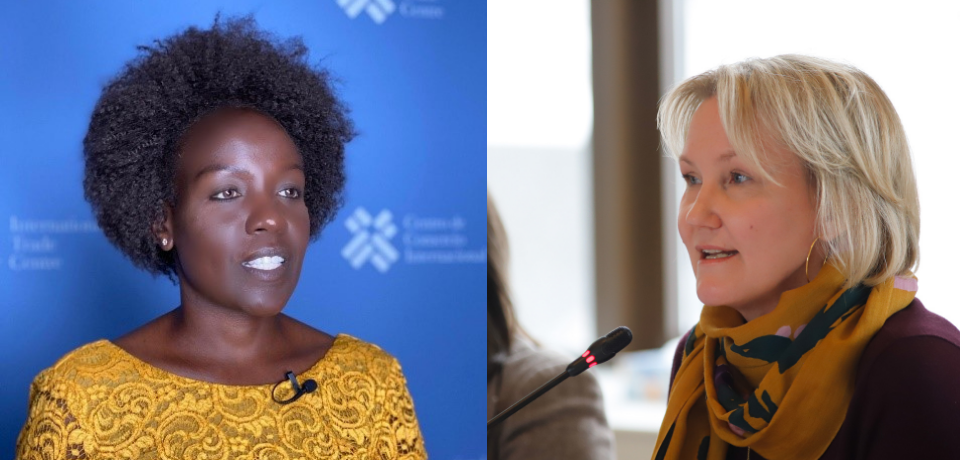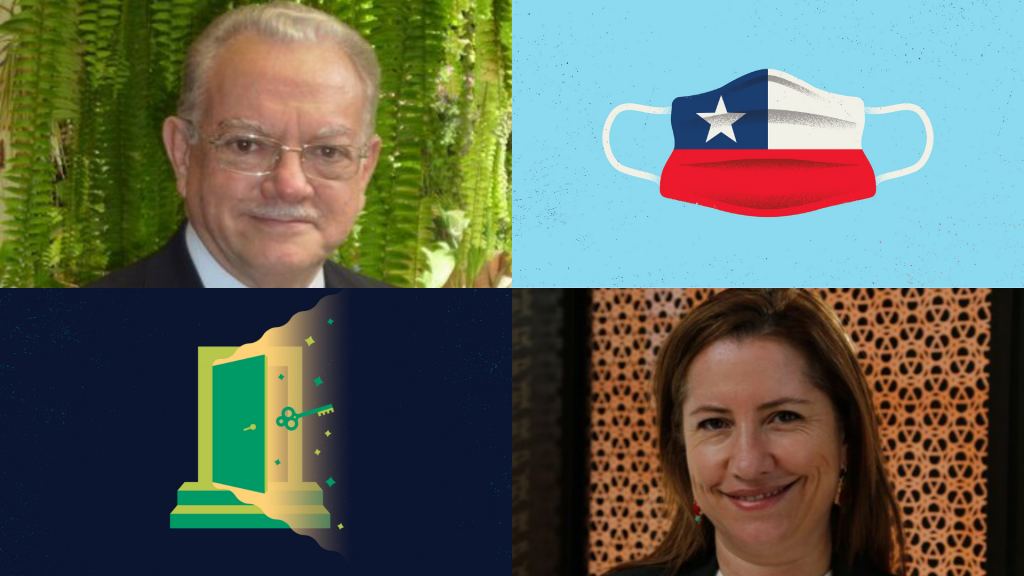Author: Paolo de Renzio
BiographyPaolo de Renzio
Paolo de Renzio is Senior Research Fellow at the International Budget Partnership in Washington, DC, and Adjunct Professor at the Institute for International Relations at the Pontifícia Universidade Católica of Rio de Janeiro (PUC-Rio). At IBP, he leads research on fiscal openness, equitable budgets and public financial management. In the past, Paolo worked in the Ministry of Finance of Papua New Guinea, with the United Nations Development Programme in Mozambique and as a Research Fellow at the Overseas Development Institute in London, and has been a consultant for the World Bank, the OECD, the European Union and various other governments and non-governmental organizations. Paolo has a doctorate from the University of Oxford, and holds regular visiting faculty positions at the Harvard Kennedy School and the London School of Economics.

An interview with Paolo de Renzio
Paolo de Renzio is Senior Research Fellow at the International Budget Partnership in Washington, DC, and Adjunct Professor at the Institute for International Relations at the Pontifícia Universidade Católica of Rio de Janeiro (PUC-Rio).
In this interview, Paolo discusses how the poor and marginalized, including low-wage workers and undocumented immigrants, have been disproportionately affected by the pandemic. He argues that governments must respond by spending more, better and differently to relieve the burden on those who are suffering most. Income support measures, such as Universal Basic Income, are discussed as part of a new approach to economic policymaking that breaks from neoliberalism. He calls for a broad coalition of progressive forces to unite and push for these necessary changes.
He was interviewed by Calina Ellwand, Communications and Public Affairs Manager at the Global Centre for Pluralism on September 21, 2020.



